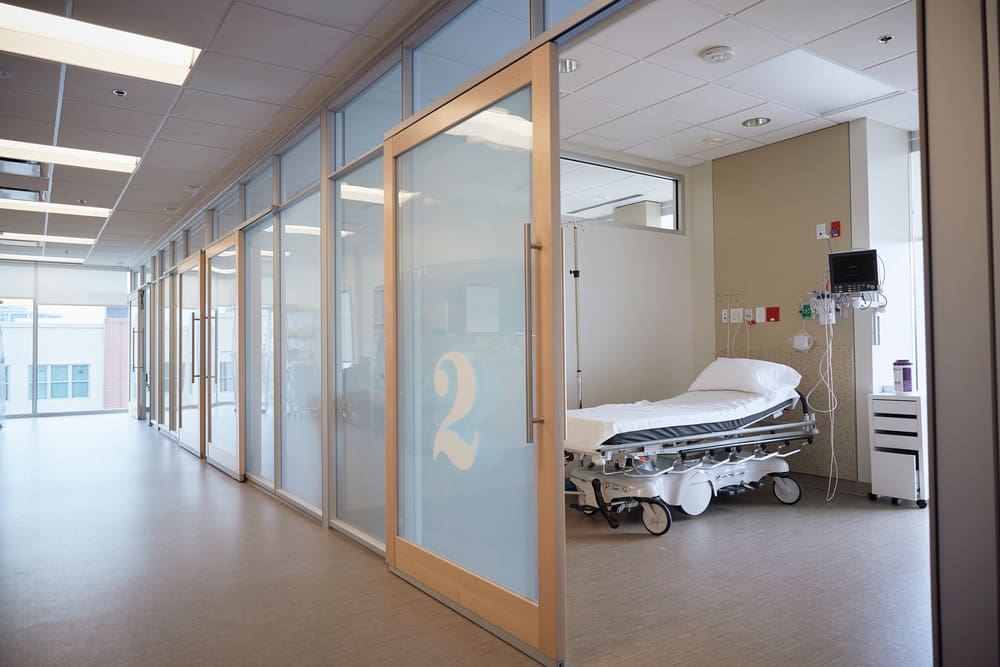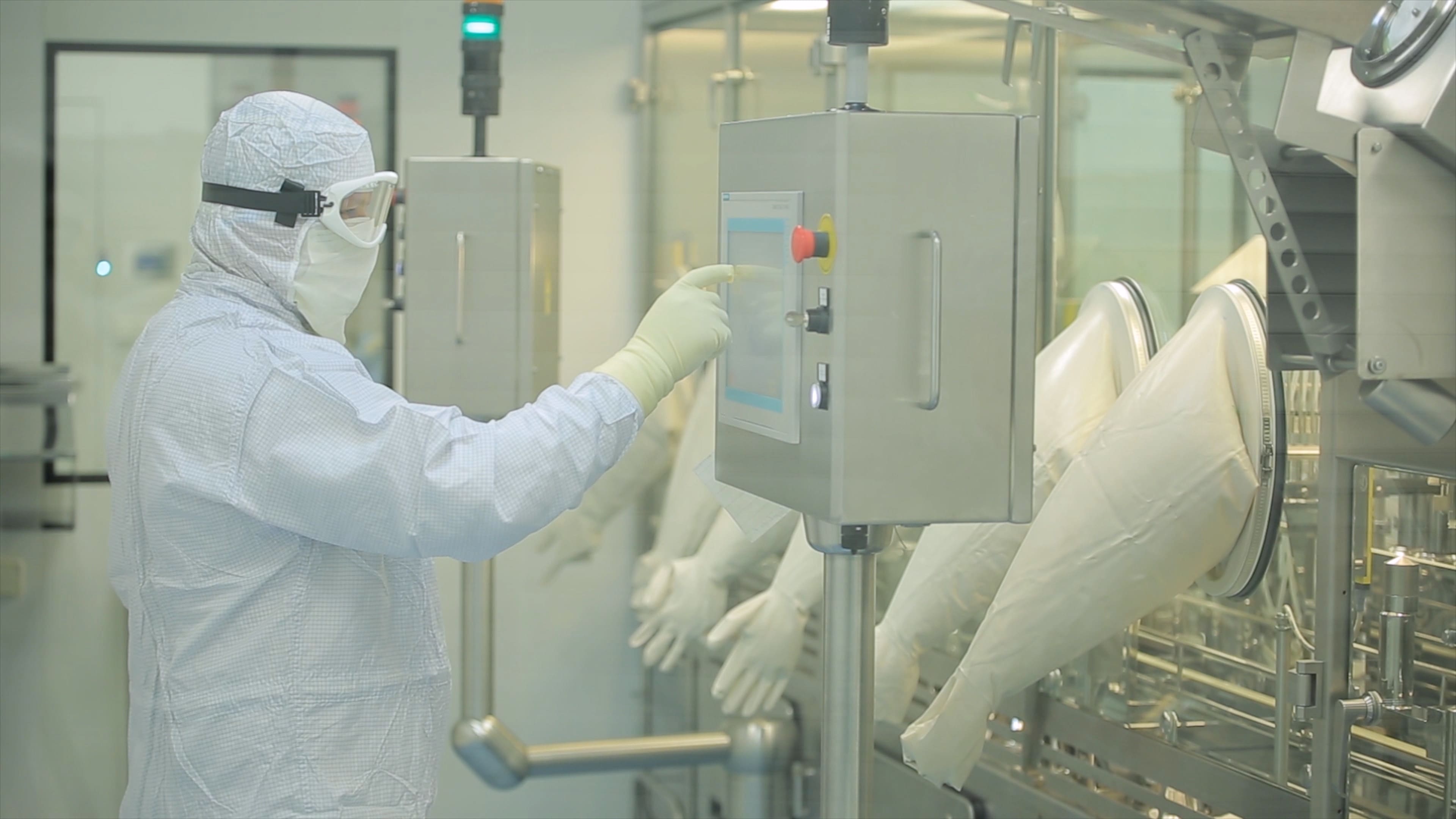The grave realities of the Funeral industry in South Africa
According to African tradition, it is important where one gets buried. Some communities believe that death is a passage to another world, where ancestors live and continue to advocate for the living.
South Africa hosts the largest number of immigrants on the African continent, and according to the latest WOW report on the Funeral Industry in South Africa, there are about 2.9 million immigrants in the country.
When they die, they have to be expatriated back home, an expensive activity in the funeral industry; a phenomenon that grinded to a halt at the height of the Covid-19 pandemic.
A Zimbabwean newspaper reported that due to Covid-19 regulations, the sixty bodies repatriated through the Beitbridge border post every week, fell to 6 by April 2020. That meant the balance had to be buried in South Africa opening more business prospects for the SMME parlours. Unfortunately, even though they were the preferred providers in the township due to their closeness to communities and the presumed understanding of culture and local circumstances, they were not able to bank on that opportunity due to a lack of resources.
Funerals, especially amongst the black community have become expensive events. They have turned into a hive of social activity where fashion, style, expensive cars are show-cased, leading to a move towards a demand for one stop services. It remains to be seen trend will return taking into account that communities had an experience of burying loved ones with only close family members as dictated by Covid-19 protocols, protocols which left SMME undertakers in the dark due to poor communication by health authorities.
The industry, in response to the new trend has gone beyond offering just basic funeral services such as the hearse, grave and death registration. They have added, catering, transportation, general event decoration and church services to their portfolio, opening up the market for bigger players such as Dove and AVBOB who are more vertically integrated and able to offer the all-encompassing funeral services including policies that are underwritten by big insurance companies.
At the height of the Covid-19 pandemic, the local undertakers, took to the offices of the FSCA to lay a complaint against insurance companies for delaying the pay out of funeral insurance further impacting the smaller players’ ability to benefit from the opportunity presented by the increase in demand for their services.
The lack of clarity with regards to the Covid-19 burial protocols further complicated their plight. The Department of Health received reports of coffins of people who died of COVID-19 being wrapped with plastic and in some cases, the dead inside also being wrapped with the coffins marked with biohazard stickers prior to burial.
The Department of Health on becoming aware of this perception that created much uproar in the industry, and the sky rocketing the costs for smaller funeral undertakers, took some action. However, by the time the directive was issued stating that covering of coffins with plastics, use of biohazard stickers nor wearing full PPE by funeral directors or sanitising of the graves or clothes of people attending the funeral, was unnecessary, most of the SMMEs had already incurred those costs.
Their plight is similar to many other small businesses who grapple with lack of capital to expand or scale up their operations. The cost of operation for these small funeral operators is aggravated by the cost of electricity and the unreliability thereof, forcing them to invest in expensive alternative power sources such as generators.
Regulation is one thing, actual meaningful support to navigate regulations for SMMEs is another.
The number of deaths in South Africa has been steadily increasing over time, placing a strain on the available burial space. Residents and communities are encouraged by municipalities to consider different burial options such as cremation to mitigate the growing demand for burial space. It is still a foreign concept to the communities and is being resisted.
This phenomenon globally has brought into sharp focus the impact of burials on the environment leading to the ongoing debate about whether burial or cremation has a lower environmental impact. That is largely because both cremations and burials leave behind a significant environmental footprint.
Contact us to access WOW's quality research on African industries and business
Contact UsRelated Articles
BlogCountries Human health and social work activitiesSouth Africa
The cleaning products industry – trends and sustainability
Contents [hide] Making soap is a simple process of adding caustic soda to water and mixing it with oil, yet the industry has become one of the most essential and...
BlogCountries Human health and social work activitiesSouth Africa
Is the South African healthcare sector in crisis?
Contents [hide] Introduction Information on the healthcare sector is plentiful and summarised in the latest WOW report on the healthcare sector in South Africa. Besides the issue of the relatively...
BlogCountries Human health and social work activitiesSouth Africa
Exploring Pharmaceutical Companies in South Africa
Contents [hide] The pharmaceutical industry in South Africa, like in many other countries, is made up of a mix of local and international owners. Over the years, multinational pharmaceutical companies...





